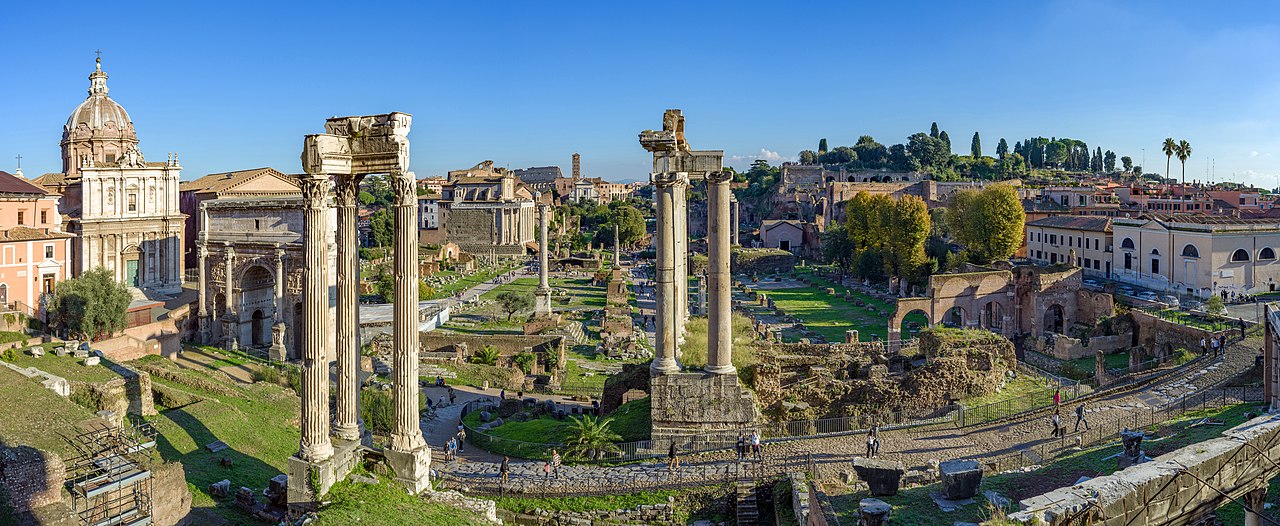HUMS 144, The Roman Republic

Course Description:
From a cluster of huts perched on two unremarkable hills at a bend in the river Tiber grew an empire that spanned much of the known world. This course will trace the origins, development, and expansion of Rome from the earliest times to the deaths of Caesar and Cicero in the late 40s BCE. Along the way, we will explore the complex and manifold questions implicated in this period of Roman history that have intrigued and troubled historians, both ancient and modern: cultural identity and interaction; slavery, class, and the family; politics, rhetoric, and propaganda; religion; imperialism; monumentality and memory; and the perception and writing of history, among others.
Through engagement with a wide variety of literary sources (historiography, poetry, comedy, oratory) and material evidence (inscriptions, coins, tomb paintings, public monuments), students will develop skills in historical methodology, and confront the fundamental problem of the ‘knowability’ of the past.
This course is designed to be accessible to and rewarding for students with or without any background in History or Classics: no previous knowledge of Roman history is required, and all readings will be in English.
Led by:
 |
Professor Andrew JohnstonAndrew Johnston is an ancient historian whose primary research interests lie in the field of Roman cultural history. He studied at the University of Illinois, Urbana-Champaign (B.A. Classics and History 2006) and at Harvard University (Ph.D. Ancient History 2012). His work focuses mainly on questions of memory, identity, cultural interaction, and the representation of selves and others, both at Rome and on the peripheries of the ancient Classical world. His first book, The Sons of Remus: Identity in Roman Gaul and Spain (Harvard University Press, 2017), examines the experiences, memories, discourses, and cultural negotiations of local communities and individuals in the provinces of the Roman West, telling the stories of the other side – and the others’ side – of Empire. It won the First Book Award (2019) from the Classical Association of the Middle West and South, and the Charles J. Goodwin Award of Merit (2019) from the Society for Classical Studies. He is currently working on a book on the place of kingship in the Roman imagination from the middle Republic into late Antiquity (and beyond), provisionally entitled Regnum: the Fear of Kingship in Roman Culture (under contract with Harvard University Press). He has written articles on a variety of subjects in Roman history: archaic and imperial Latin inscriptions, ethnographic discourse in Caesar and in Cassius Dio, and the place of Odysseus the wanderer in imperial Greek culture. Additionally, he has research and teaching interests in Roman archaeology and material culture; he currently serves as Director of the Field School of the excavations of the Gabii Project, near Rome, and has published extensively on the city of Gabii. Students interested in participating in the field school should feel free to contact him. |